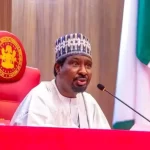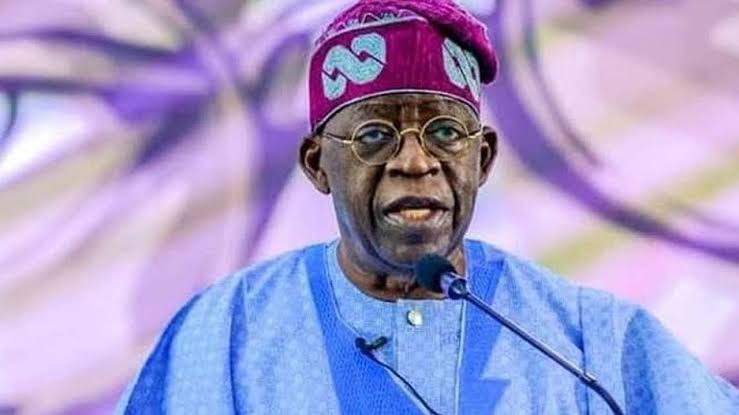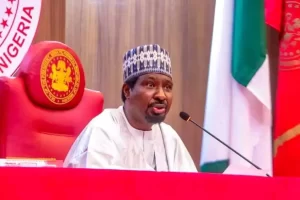Lead intro
By Chuks Aguonye
The shape of President Bola Ahmed Tinubu’s administration is taking shape after his recent appointments. His economic philosophy has also been laid out clearly. If anything, the president has had commendations from Nigerians and the international community for being clear about his mission. This is a sharp departure from Muhammadu Buhari’s regime which left room for guesswork.
On the policy front, three major tracks have been laid by the president as follows:
- Removal of fuel subsidy, which he made on Day One;
- Exchange Rate Unification, which he also declared on Day One; and
- The new Electricity Act, which will expand options and players in the energy market, which he signed into law within his first week in office.
The impact of all three are examined in this lead story in the following articles by Blossom Chukwu and Marsha Owoicho.
The clear-headed decision making has received the commendations of Western countries and the multilateral global institutions which say it is a bold surgical move to prevent Nigeria from insolvency. A former president of the World Bank, David Malpass, tweeted on his verified Twitter handle that President Tinubu was making the right decisions. He added that the recent decisions. “Glad to see @officialABAT taking concrete steps to scrap Nigeria’s harmful government subsidies and multiple exchange rates. These are important steps toward currency stability, lower inflation, and reduced corruption in Africa’s most populous country,” he said.
British High Commissioner to Nigeria, Richard Montgomery, said after meeting Vice President Kashim Shettima at the State House, Abuja, that the reforms are sending the right message to investors. “As I discussed with His Excellency, the big economic decisions being taken by this government are really important and are being noticed around the world: the removal of subsidy; the exchange rate reform, all of that create a much better investment environment,” he said.
“I was in London last week; I was briefing my ministers, but I was also talking to British business in finance, banking and investment sectors. They are all responding very positively to these first decisions.”
They may but the impact on Nigerians is devastating for many, given that the cost of transportation and basic needs have doubled since President Tinubu’s reforms kicked off. While the government says it is working to mitigate the negative impact, nothing has been done in that direction. Some say it is because the president has not fully fleshed out his administration, with ministers not yet appointed. Debo Oyelowo looks at the impact of the reforms on ordinary Nigerians.










More Stories
Wanted terrorist Bello Turji reportedly murders 12 persons in Sokoto community hours after elaborate Eid celebration
Enugu woman who allegedly machetes sister to death, attempts to kill mother, niece, says she was possessed by strange spirit
Tinubu sacks NNPCL CEO Mele Kyari, replaces him with ex-Shell MD, Ojulari